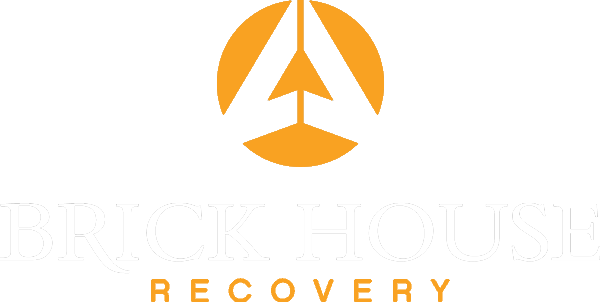Does Rehab Work? How to Spot a Quality Program

People are suffering.
A lot of people are suffering. They reach for a bottle of pain medication or alcohol and discover they can’t let go.
An estimated 24 million Americans suffer from chemical addiction. What this means is that one out of ten people above the age of 12 suffers from addiction. No matter the drug of choice, the effect is the same. Lives are destroyed and families are shredded apart.
Something has to be done.
This disease needs to be treated.
Fortunately, in the United States addicted people and their families have a wealth of facilities and programs to choose from. According to the National Institute on Drug Abuse, the US has more than 14,000 specialist programs. But the underlying question is, do these rehab programs work?
They can. But how do you spot a quality program?
In my personal experience as an addicted man, drug trafficker, handcuffed inmate and now as CEO of Brick House Recovery, I believe there are three critical elements that lead to continued sobriety. (For more on Jason’s Story, click here.)
The first is a strong connection with others. And not just any ‘others.’ Internally motivated individuals seeking to cut themselves loose from addiction will not create healthy connections if placed in a facility that caters to the unmotivated population—those only avoiding prison, divorce, or any other external drive. The patient needs to be surrounded by others who see the value in sobriety and are driven to succeed. For someone to truly recover in rehab, the treatment center, employees, and culture must promote, defend, and cultivate an environment of safety, emotional honesty, and trust among peers. When trust and rapport with others prevail, then any addicted person can begin to recover.
The second critical element is an environment of self-love. Rehabs that foster self-love will be easy to spot. Residents take care of themselves. They bathe regularly, rise early and make their beds. They take pride in keeping the facility clean and orderly. The staff is happy to come to work each day and it shows on their faces. The recovery program is balanced and structured allowing sufficient time for individual and group therapy, nutrition, exercise and spiritual development.
A connection with a higher power is the third vital component. Many addicted people lack purpose and meaning in their lives. Spiritual connection is the solution that will allow long-term abstinence and emotional sobriety to unfold. In The Eight Dimensions of Wellness, the Substance Abuse and Mental Health Services Administration points to the need to be become, “spiritual—expanding a sense of purpose and meaning in life.”
On my own path to sobriety, I discovered my purpose in life: to help others recover from addiction using my God-given gifts. When I help others, I feel happy. When I am happy, staying sober is easy.
Pretty simple.
This authentic connection with my Maker has sustained me in my recovery, and has been my solution since the day I got sober on March 19th, 2009. The photos above illustrate the results after making deep connections with healthy friends in recovery, honoring the divine inside myself, and building a relationship with the Spirit of Recovery.
The question of every addicted person and their family is ‘Will rehab work?’ The answer is a resounding, “YES!” if the program provides genuine connections with others, an environment of self-love and connection to a higher power.
In peace, faith and hope,
Jason Coombs
CEO Brick House Recovery
Please Like, Share and Comment on this blog. I’d be happy to address any questions or concerns in my future posts.
The post Does Rehab Work? How to Spot a Quality Program first appeared on Brick House Recovery.





